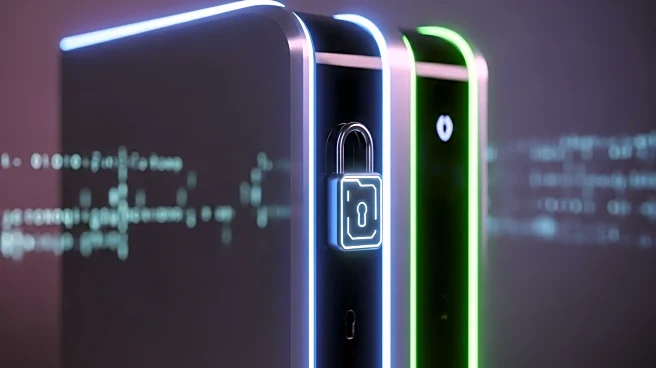What's Happening?
Activision is set to launch the beta version of Call of Duty: Black Ops 7, with early access beginning on October 2 and general access on October 5. A significant new requirement for this beta is the activation of Secure Boot and TPM 2.0 on PCs, aimed at bolstering the game's anti-cheat measures. This move is part of Activision's broader strategy to enhance the Ricochet Anti-Cheat system, which is designed to prevent unauthorized software from running during PC startup. The company is taking a multi-faceted approach to combat cheating, including in-game detections and legal actions against cheat creators and distributors. This requirement, however, may pose challenges for players with older PCs that do not support these features, potentially limiting their ability to participate in the beta.
Why It's Important?
The implementation of Secure Boot and TPM 2.0 as prerequisites for the Call of Duty: Black Ops 7 beta underscores the growing emphasis on cybersecurity in gaming. By requiring these features, Activision aims to create a more secure gaming environment, which is crucial for maintaining the integrity of competitive play. This move could set a precedent for other game developers, potentially leading to wider adoption of similar security measures across the industry. However, it also raises concerns about accessibility, as players with older hardware may be excluded from participating. This could impact the game's player base and raise questions about the balance between security and inclusivity in gaming.
What's Next?
As the beta progresses, Activision will likely monitor the effectiveness of these new security measures and gather feedback from players. The company may need to address any technical issues or player concerns that arise, particularly regarding the accessibility of the game for those with older systems. Additionally, the success of these measures could influence future security protocols in upcoming games, not only from Activision but also from other developers. The gaming community and industry stakeholders will be watching closely to see how these changes impact the overall gaming experience and whether they effectively deter cheating.










